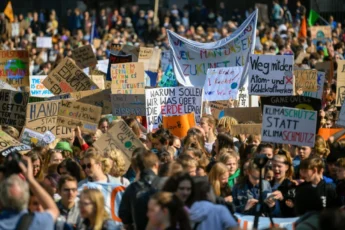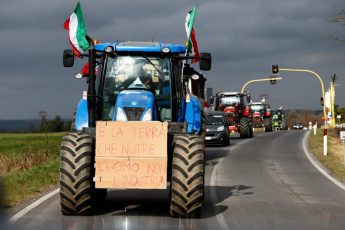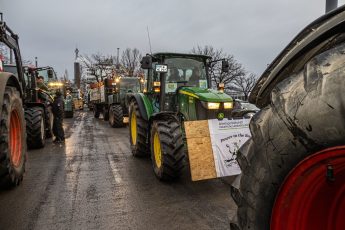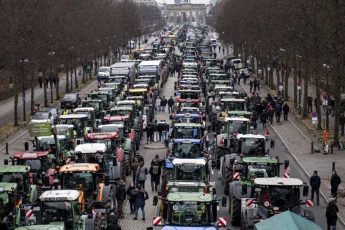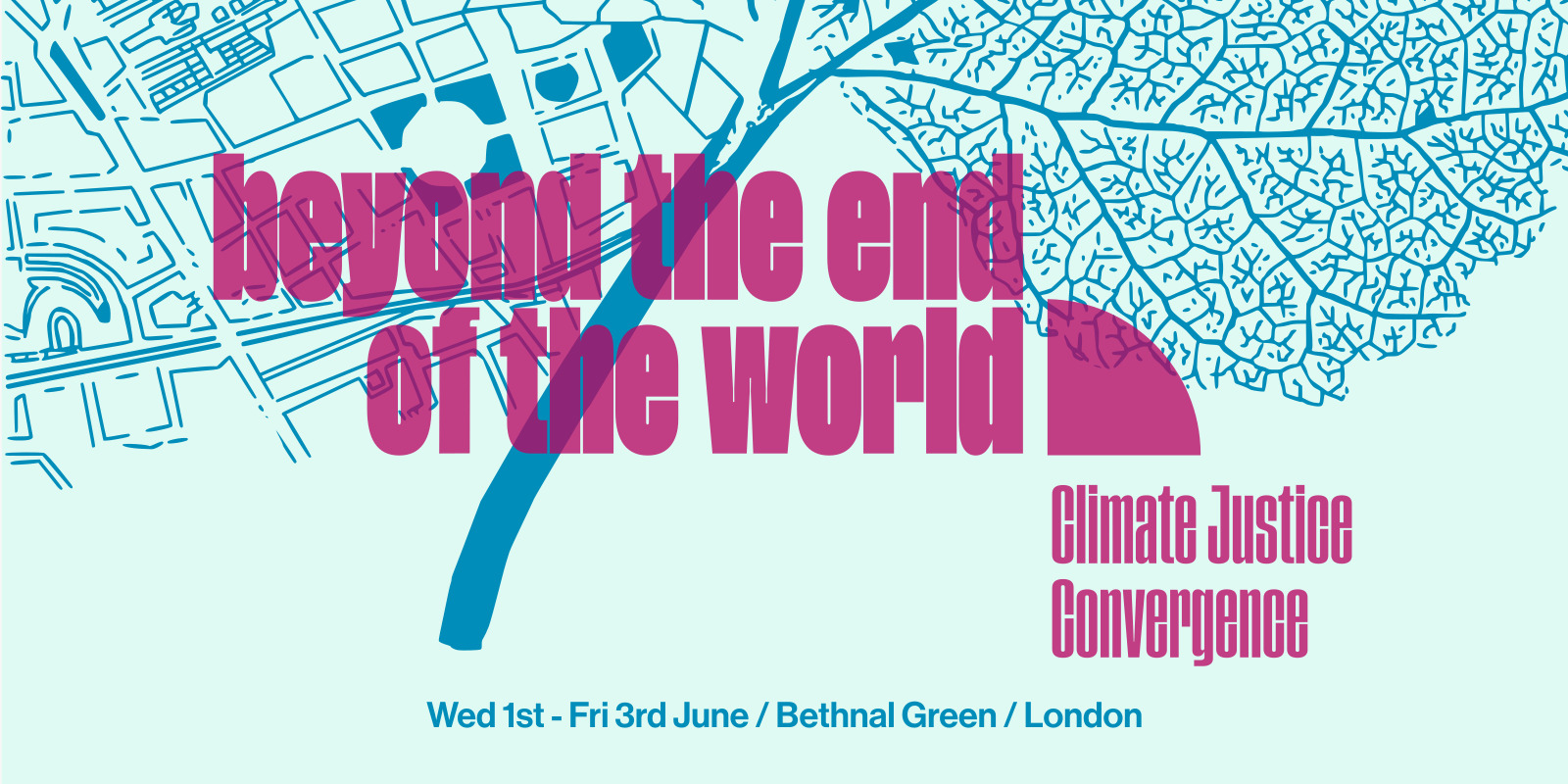
We will take part to the Climate Justice Convergence’s meetings organized by Plan C in London, between Wed 1st – Fri 3rd June, because we think it is crucial – even more in the new global scenario violently opened up by the war – to meet and discuss the tensions, divisions and conflicts that the so-called ‘green transition’ is producing on a transnational level.
Even before the war started, it was clear that national and supranational plans for post-pandemic recovery and green transition were part of a neoliberal agenda to reconstruct both the industrial, and the energy sector. In this sense, the capitalist transition was already impacting the living and working conditions of millions of people, producing ‘green hierarchies’ among countries and sectors and fostering new terrains of ‘green’ capital accumulation at workers detriment. The recent EU plans to end the energy crisis worsened by the war in Ukraine are there to show that the war has not weakened the ‘green transition’; rather, it is now becoming the excuse to push for the implementation of a wide set of regulations consistent with the opportunities of investments and profits opened by the transition itself. The debate around sanctions and Russian’s energy supplies signals that the politics of transition is now enmeshed with conflicts at gunpoint, that it is part of a wider strategy to ensure a new regime of production and social reproduction. While promising a future of renewable energy and independence from authoritarian regimes’ supplies of gas, oil, and coal, Western governments are delivering a present of high energy costs, privatization of the energy sector, housing problems, compulsory ‘reskilling and upskilling’ of so-called non-green workers to make them apt to the new tasks demanded by a decarbonized society. This also means that the war is not just another crisis we have to deal with. The war is quickly producing a new political framework that affects the possibilities of our previous and current struggles for climate justice, migrants’ justice, against exploitation and patriarchal violence. This is what brought us to foster the constitution of a Permanent Assembly Against the War, a space of discussion and organization that makes it possible – as the MayDay ‘strike the war’ demos in Russia and in many other European Countries proved – to break national fragmentations and build a transnational politics of peace. To do so, we need to keep asking ourselves how to build on current experiences of struggles of migrants’, workers, women, lgbtqui* people, autonomous movements, trade-unionists, and environmentalists, while overcoming divisions and strengthening the connections we need to foster a transnational collective movement.
In this perspective, it is important to recognize how companies and institutions are planning to make profits out of the climate crisis, and how the politics of transition is already affecting the way in which millions of women and men reproduce their life. We need to organize against the devastating effects of the green transition on working and living conditions. So, we are happy to join the Climate Justice Convergence meetings to build connections with comrades from around Europe. For us, it will also be an important step towards the transnational meeting we are organizing in Sofia, September 8th-11th , together with the Bulgarian collective LevFem, where ‘climate class conflict’ will be an essential part of the discussions. As the war goes on, producing devastations in Ukraine and a transnational realignment of power relations, we think that we need more than ever to build spaces of discussions where we can confront the task of organizing our struggles within, and against, this new framework.
Link to the event website page where you find the programme and the registration form: https://www.weareplanc.org/beyond/


